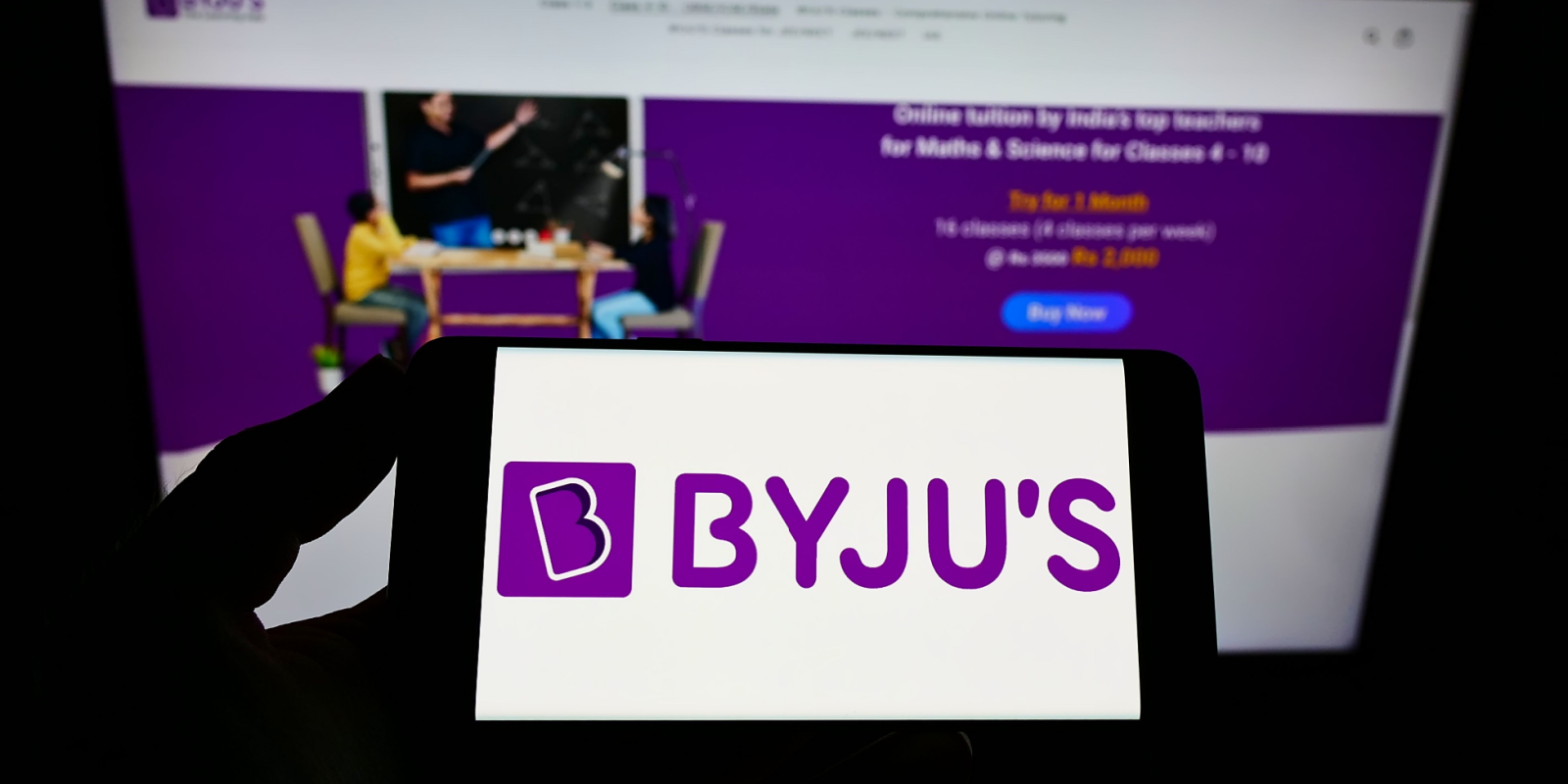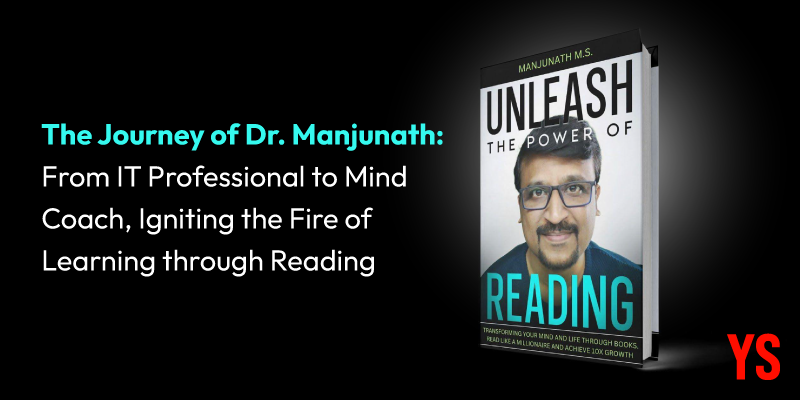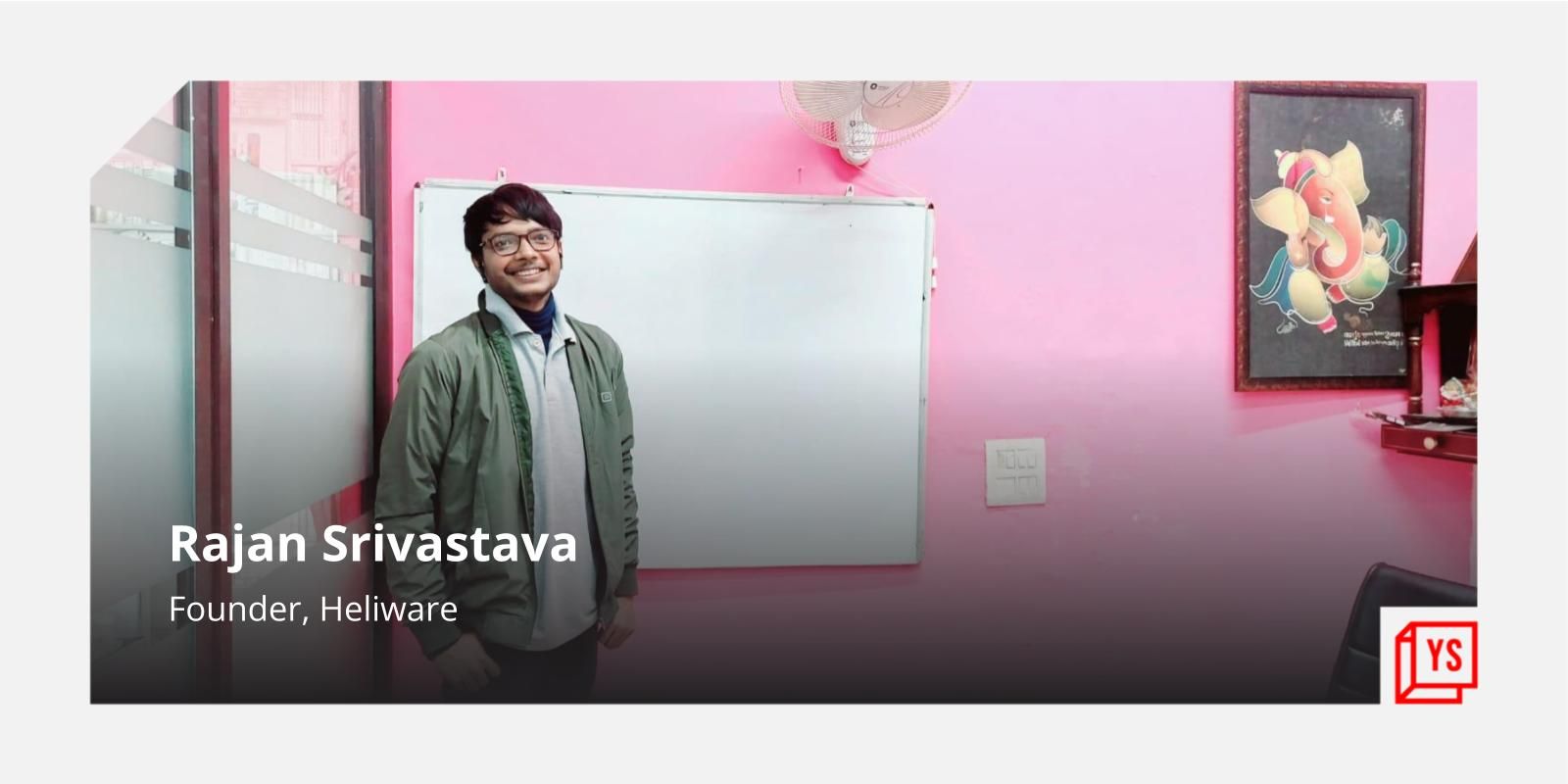This woman entrepreneur’s fintech startup is simplifying debt collection in India
Swati Lad, Co-founder of CreditMate, is helping lenders across the country to ease the process of debt collection through a cloud-based platform.
According to the Reserve Bank of India (RBI) data, Indians are borrowing more money than ever before. As incomes increase and EMI-based purchase trends emerge, more people are borrowing money for personal needs, education purposes and others. As per RBI records, in the last five fiscal years, retail loans have amounted to CAGR of 16.4 percent.
With so many more borrowers, debt collection activities have also seen a surge. For lenders, debt collection can be tedious, time-bound and money consuming.
Swati Lad’s fintech startup provides solutions for lenders to improve their collection efficiency using technology, intelligence, and a network of collection partners.

Swati Lad, co-founder of CreditMate
Pivoting to a new category
Swati has over 23 years of experience in digital marketing and has worked in both startups and corporate entities. She and three others - Jonathan Bill, Ashish Doshi, and Aditya Singh started CreditMate four years ago in Mumbai as a two-wheeler lending aggregator, for providing two-wheeler loans through lending partners.
However, they discovered that their collections platform was producing exceptional results. In comparison to collection approaches of other lenders, their technology was more efficient and provided optimisation. A year ago, this led them to pivot from being a loan aggregator to a collections’ software business.
Now, CreditMate has emerged as a cloud-based collections platform that enables lenders of all sizes to collect across India, online or offline with machine learning efficiency.
Swati and the co-founders with the help of angel investors started the company with an investment of $300,000 (Rs 2,24,62,800). After switching to a new category, the Mumbai-based fintech startup has had an annual run rate of revenue of $2 million (Rs 14,97,52,000). is a strategic partner of the B2B platform.
“My co-founders and I are fairly old in comparison to the normal age of startup entrepreneurs. With it come some positives - business experience and personal savings to start off the business that helped a great deal,” Swati tells HerStory.
The Indian experience
Born in Kenya and raised in the UK, Swati has a BA in Business Studies from London Guildhall University. Though a British passport holder, Swati has been working in India for the last 10 years as she holds an Overseas Citizenship of India (OCI).
“As an NRI, living and working in India is really fascinating. It is very different to the India my parents “sold” me when I was growing up,” she says. She is the only person from her close and extended family to return to India.
She says that the change in perception towards entrepreneurship has made a huge difference. With startup stars like Vijay Shekhar Sharma and the Bansals, she believes that being an entrepreneur is now “modern, hip and inspirational.”
The ecosystem and digital transformation in the country have given a huge fillip to fintech startups in India. In a labour intensive economy, Swati says that technology can make a positive difference in the way financial services operate. It can also boost business efficiency and performance. Automation of manual tasks such as debt collection makes processes easier and less cumbersome.
However, there are several challenges in starting up. One such challenge is the red tape and bureaucracy that now happens online too. Another challenge she faced was in finding the right talent. Furthermore, being a startup, they couldn’t compete with income packages corporates offered and thus, had to significantly invest time and money to train new employees.
Diversity in the workplace
Swati advocates for a diverse workplace and 54 percent of employees at CreditMate are women along with a management team that has equal representation.
However, she agrees that the fintech sector is still very male-dominated. She reveals that it is not uncommon for her male co-founders to attend a meeting without her as in some scenarios a “‘man to man’ discussion is still preferred.”
“Gender bias in India is common perhaps because of the culture. It may be an unconscious action, but it is very much there. Social attitudes and a mindset change are required, which will take time,” she says.
At CreditMate, she is building a workplace culture where every voice is welcome and heard. It has a flat organisational structure like most startups. The co-founders do not have a private cabin, they prefer to sit with the rest of the team.
Future plans
What began as a two-wheeler loan aggregator is now a debt collection platform that is available in 22 states with a network of more than 100 collection agencies. Swati believes if one can make it in India, one can make it anywhere in the world.
In light of the current coronavirus pandemic, CreditMate has made some changes in their processes. It has stopped physical debt collection through agents to ensure safety during this time. It is continuing with online modes of payment. It has made changes to the core platform to help enable stakeholders to login from remote locations. It has created lighter versions of tech so that users can access the service even on a low bandwidth. The startup's technology has enabled its call centre partners to carry on with their work from their homes and remain employed. With remote logins and work from home, the company has been constantly monitoring its partner performances to ensure that there is no threat of data security and privacy.
Despite the crisis, Swati is bullish and hopeful of a “strong” year ahead.
(Edited by Rekha Balakrishnan)












![[Jobs roundup] Join Dunzo in delivering essentials at people's doorsteps with these openings](https://images.yourstory.com/cs/2/a9efa9c02dd911e9adc52d913c55075e/Untitleddesign-2020-02-11T173330-1581422765855.png)